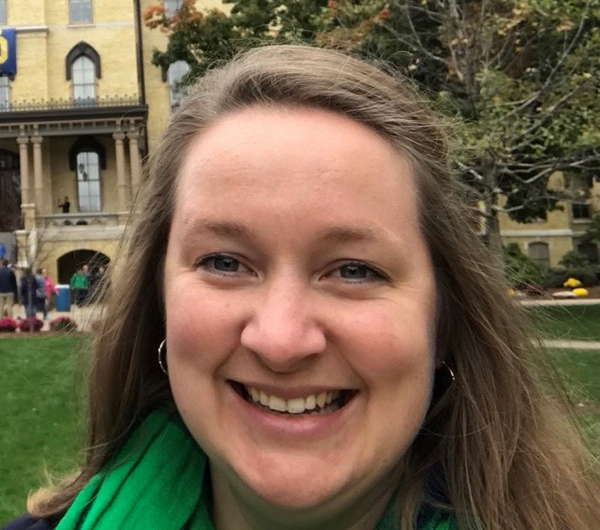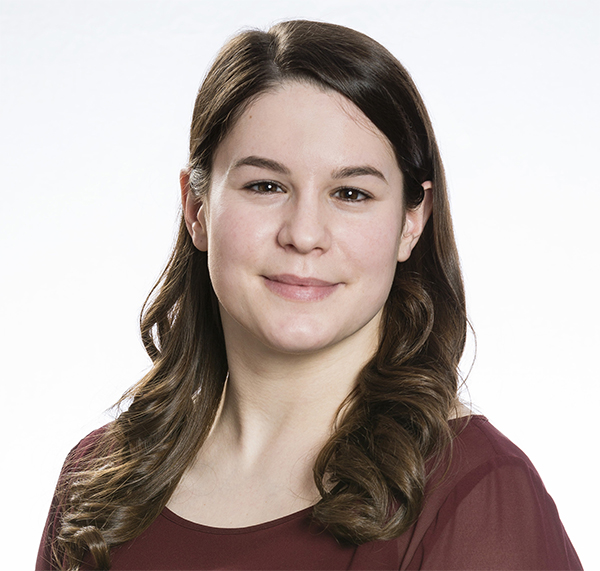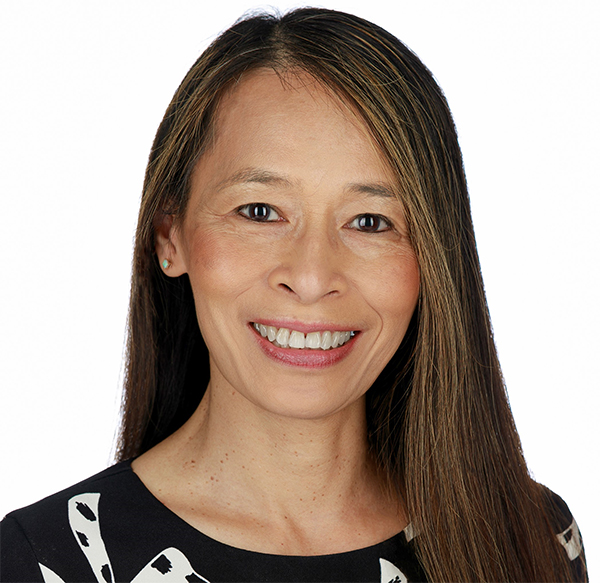 | 1 LU |
 | 1 LU |
Children in low-income communities generally do not develop social-emotional skills, literacy skills, or math and science knowledge at the same rates as wealthier peers due to lack of access to high-quality learning opportunities. Because children spend 80% of their time outside of schools and early learning centers, our public spaces are uniquely positioned to provide new and needed learning opportunities for children. This session will highlight the playful learning journey that Philadelphia is undergoing and how opportunities for child and caregiver learning have been embedded into grocery stores, libraries, and public spaces. As a key component of playful learning is community engagement, methods and techniques for authentically involving residents and intended users in the design and implementation process will be featured. By presenting specific examples of ways that community members have been engaged conception, design, implementation, and evidence collection, we will equip attendees with strategies to help communities develop creative, innovative, and active playful learning environments in cities across the country.
Learning Objectives:

Sarah Lytle, Ph.D., is the Executive Director of PLLAN. Sarah is an expert in child development and has more than a decade of experience in connecting science to practice, working extensively with parents, early learning providers, and policymakers to promote evidence-based interactions with children. Sarah has a B.A. in Psychology and Spanish from the University of Notre Dame and a Ph.D. in Developmental Psychology from Temple University. She was a 2014-2016 Zero To Three Fellow.

Amanda is a senior program associate in Great Learning, with a grantmaking portfolio focused on building literacy rich environments for our youngest learners – opportunities for children to build literacy skills outside of schools and early childhood education centers. Amanda holds a master’s degree in education from the University of Pennsylvania and a bachelor’s degree in education from Bloomsburg University of Pennsylvania, where she majored in elementary and special education.

Le-Quyen is the Executive Director of the Indochinese American Council (IAC), a community-based organization. She is one of the founding members of the Multi-Cultural Academy Charter School. She has worked in the field of Adult Education, Family Literacy, and Early Childhood Education for more than 34 years. She is has helped develop standards of best practices for youth development, early childhood education, and workforce education. She has been member of non-profit boards, consortiums, local and state commissions that support the constituents served by IAC.
The built and natural environments have profound impacts on our behaviors both for better and worse. How do we cultivate a sense of place for better? How might the built and natural environments be made to enhance teaching and learning? How might school buildings and grounds foster a sense of community by reflecting those they serve?
Primary Core Competency
Educational Visioning: Exhibits an understanding of best and next practices related to educationalleadership, programming, teaching, learning, planning and facility design. Establishes credibility with educators, community members and design professionals while conceiving and leading a community-based visioning process. Demonstrates the ability to articulate the impact of learning environments on teaching and learning and uses that ability to facilitate a dialogue that uncovers the unique needs and long-range goals of an educational institution and its stakeholders – translating that into an actionable written/graphic program of requirements for the design practitioner.